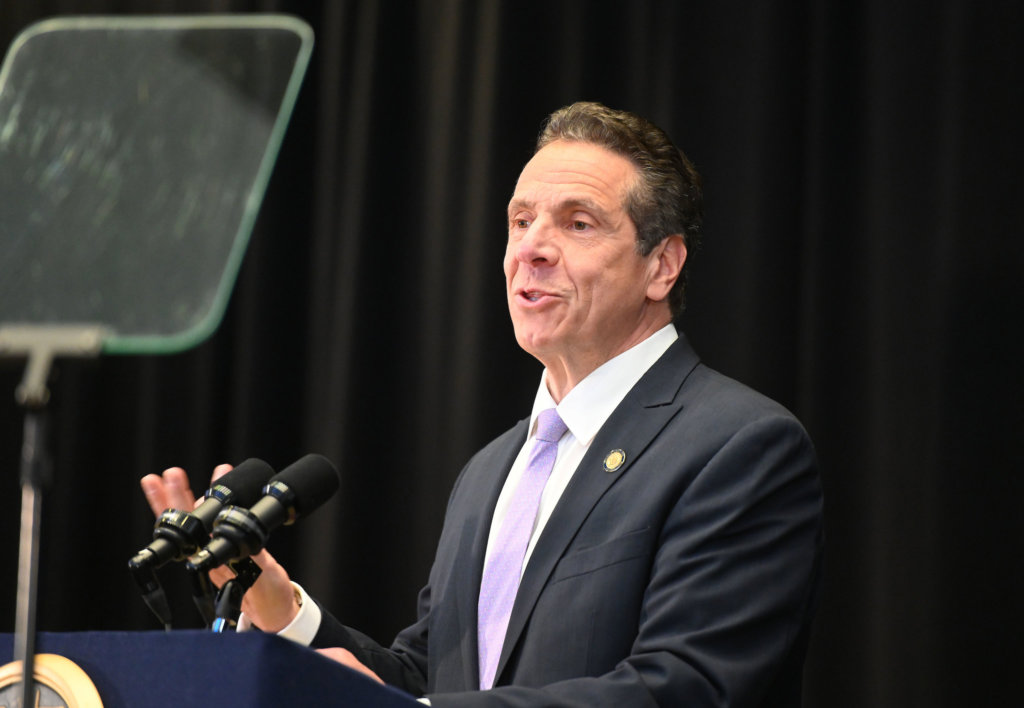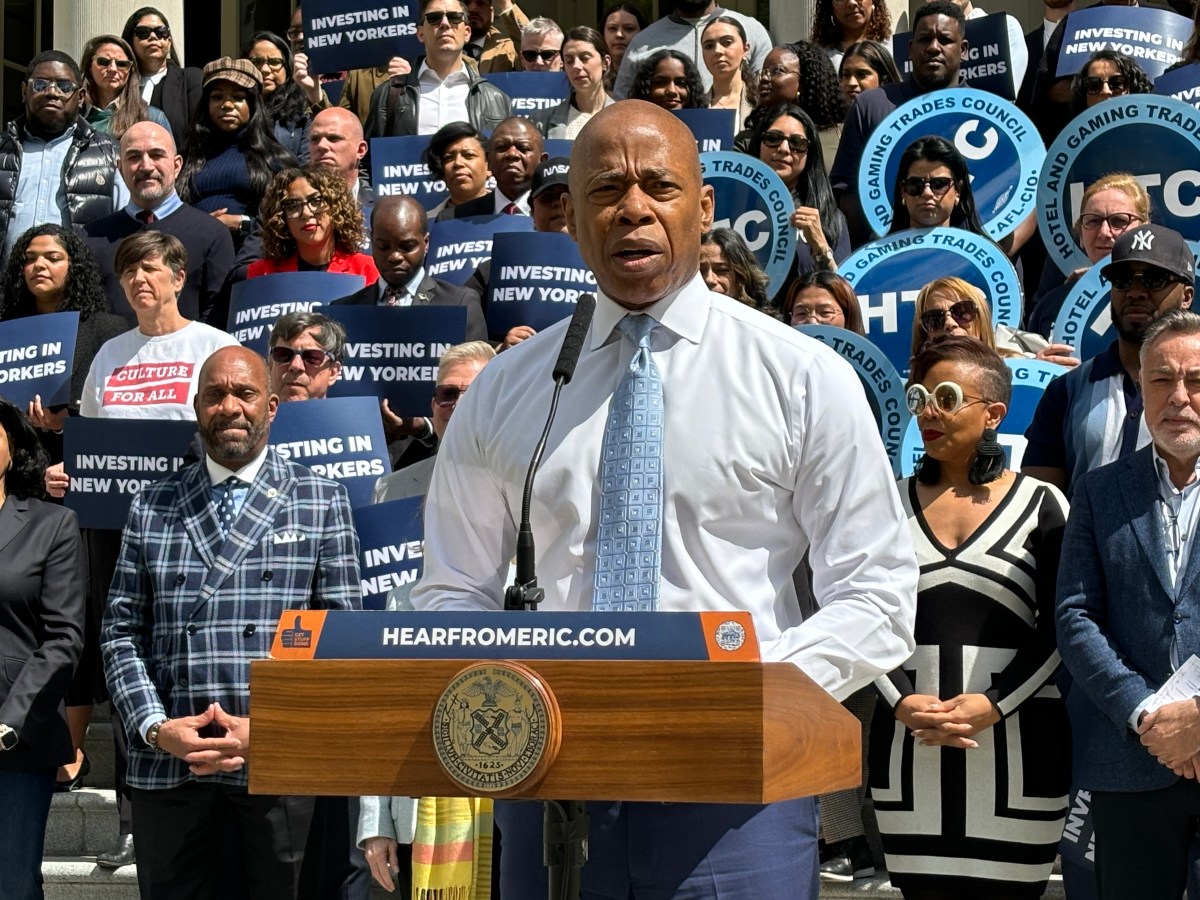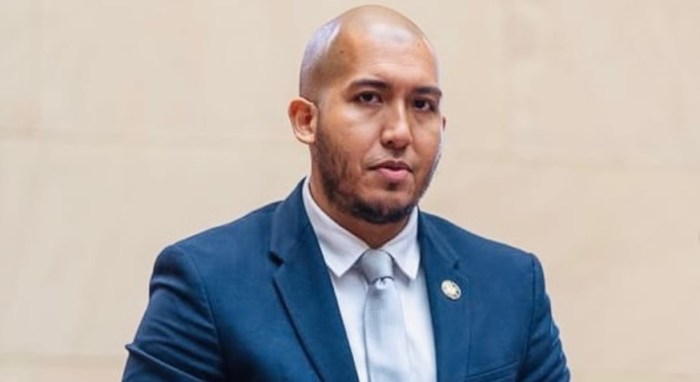Queens residents can vote absentee for the March 24 special election for borough president, Gov. Andrew Cuomo announced Saturday, the same day early voting kicked off.
Cuomo issued an executive order that extends the current deadline to register to vote absentee to March 23. Absentee votes must be postmarked or delivered in person up until the day of the election on March 24.
“Public health experts have been clear that one of the most common ways to communicate COVID-19 is through direct person to person contact, and we are doing everything in our immediate power to reduce unnecessary interactions,” Cuomo said. “This executive order modifies the election process in a way that both protects public health and ensures the democratic process remains healthy and strong regardless of the ongoing pandemic.”
The executive order was issued in an effort to keep residents safe during the coronavirus pandemic. It also comes a day after Councilman Donovan Richards, a candidate for Queens borough president, called for Cuomo and Mayor Bill de Blasio to postpone the special election for Queens borough president due to coronavirus concerns.
Another candidate, Anthony Miranda, also called for the postponement of the special election.
Mayor Bill de Blasio, who has expressed his commitment to keeping the Queens Borough President election on March 24, recently asked all the candidates for the fast-approaching election to suspend all door-knocking efforts at a press conference on Thursday afternoon.
Cuomo’s executive order also suspends the candidate petitioning process — effective 5 p.m. on Tuesday — for the June primaries for Congressional, state Senate, state Assembly and Judicial races.
Additionally, the order also modifies the signature requirements for ballot access — candidates will only need to collect 30 percent of the statutory threshold.
For Congress, candidates would need 375 signatures rather than 1,250. For State Senate, candidates would need 300 signatures rather than 1,000. For Assembly, candidates would only need 150 signatures rather than 500.

































